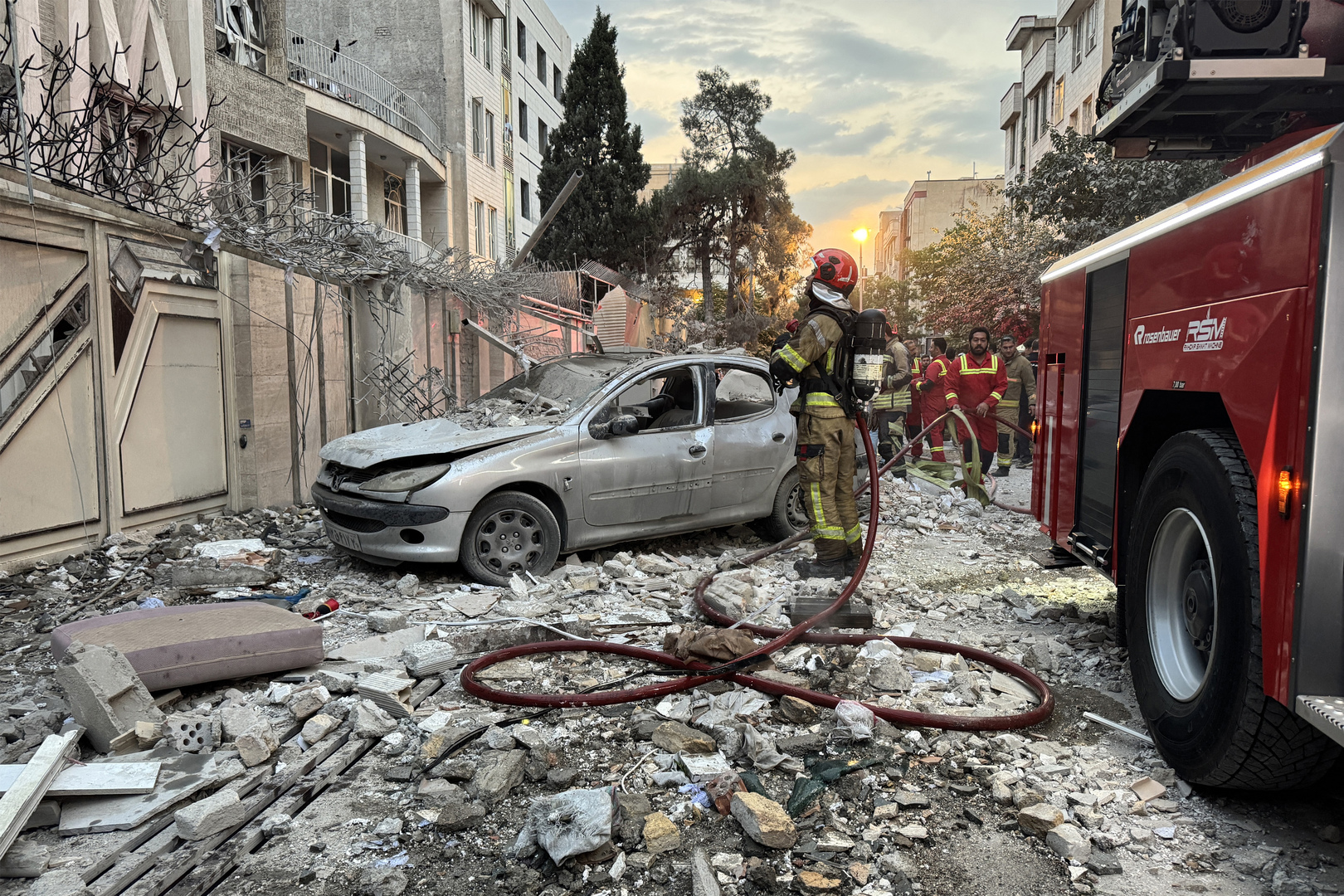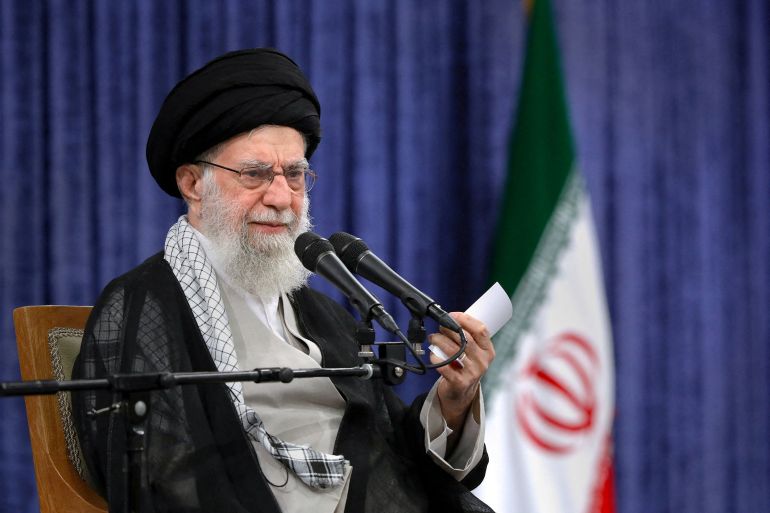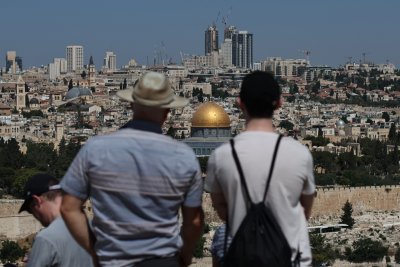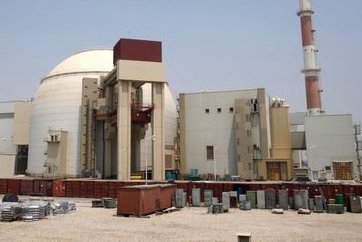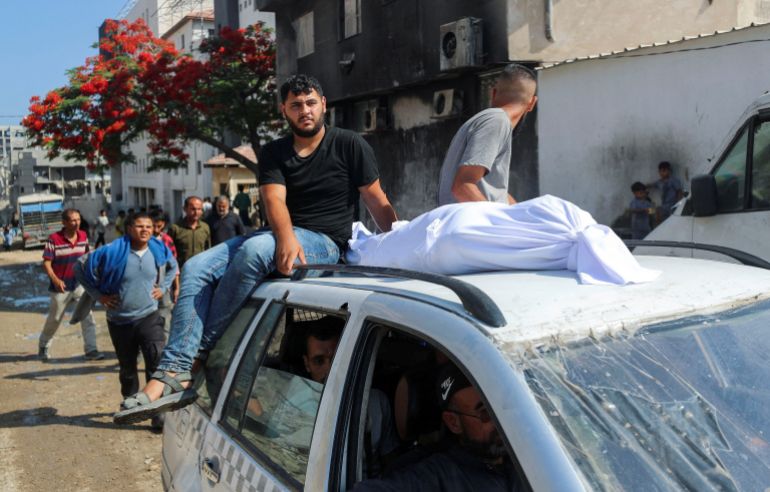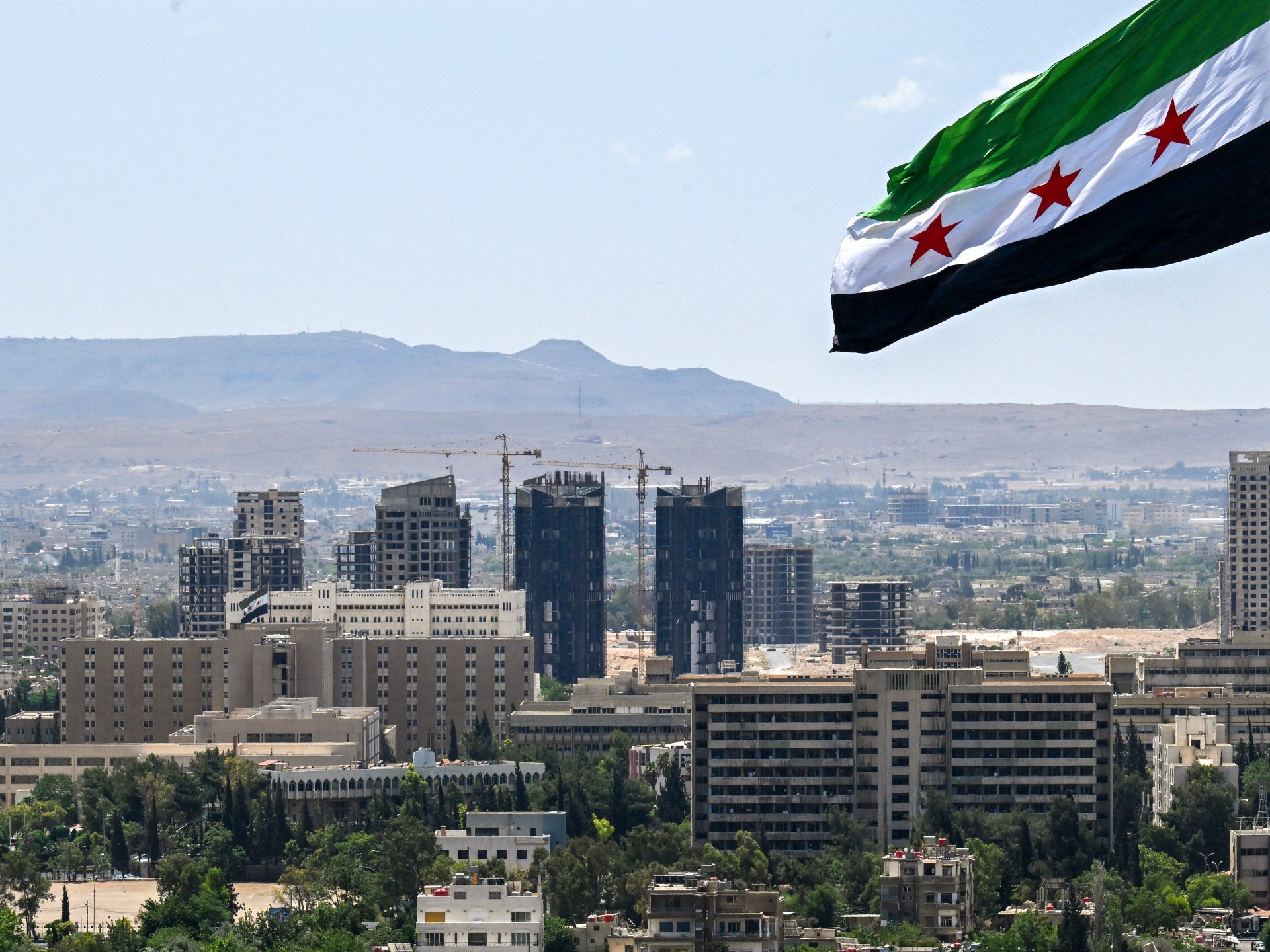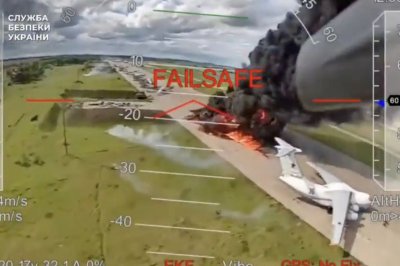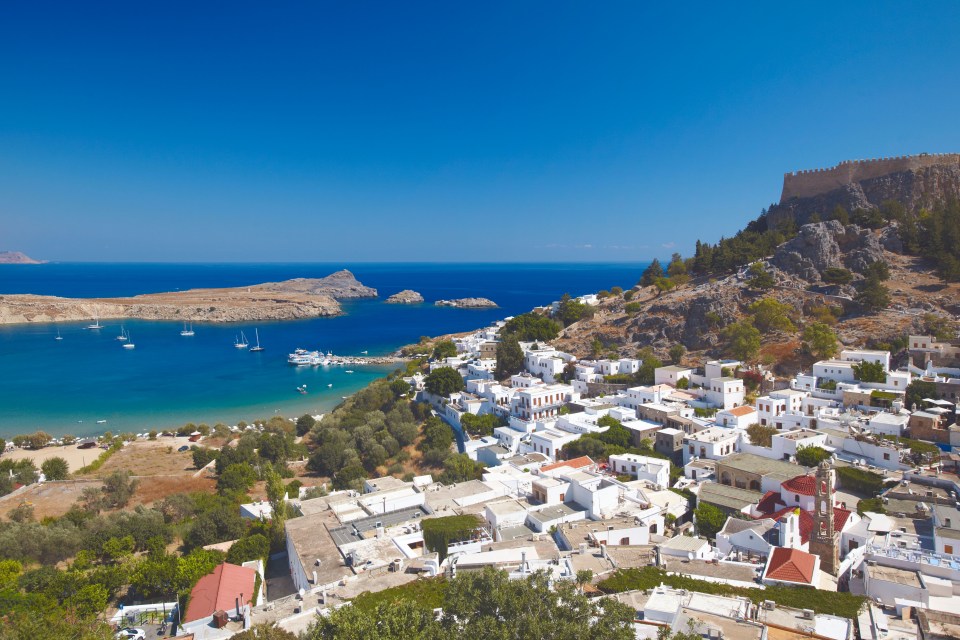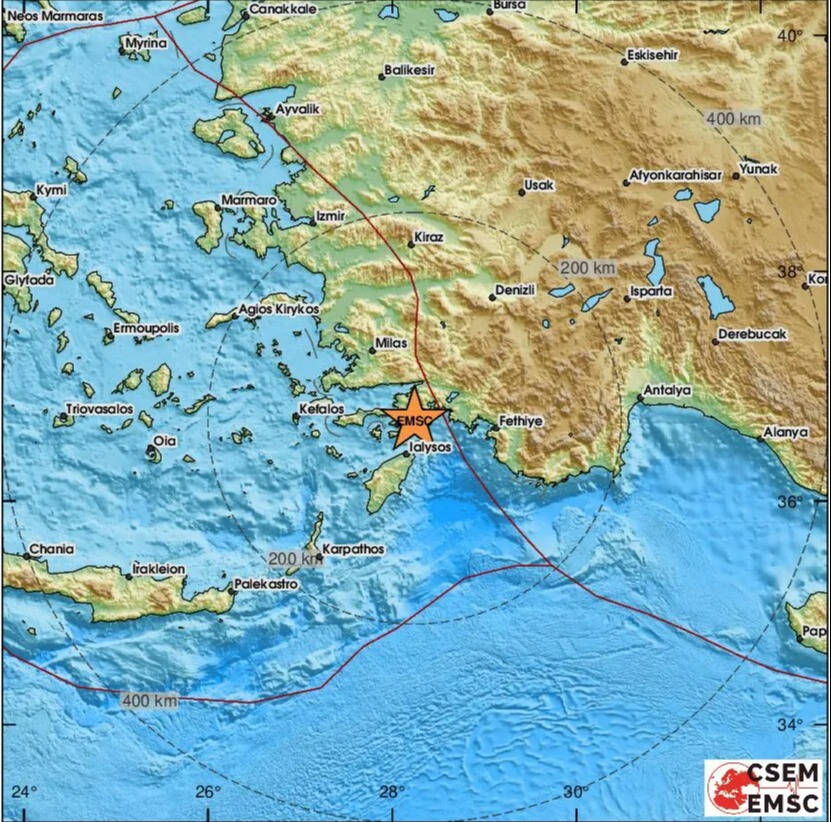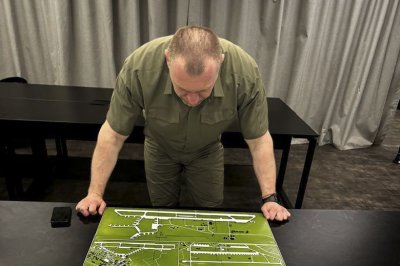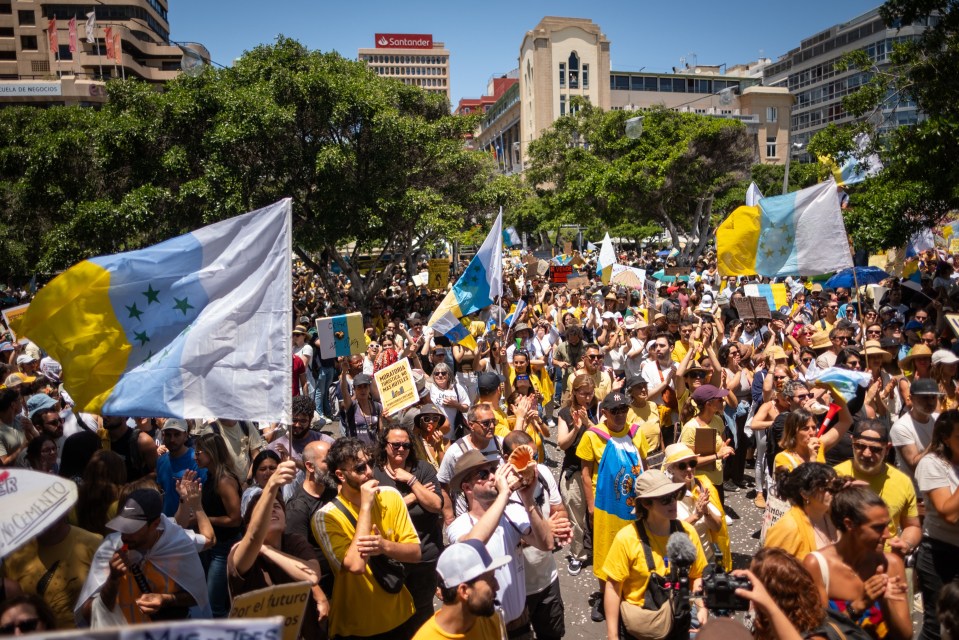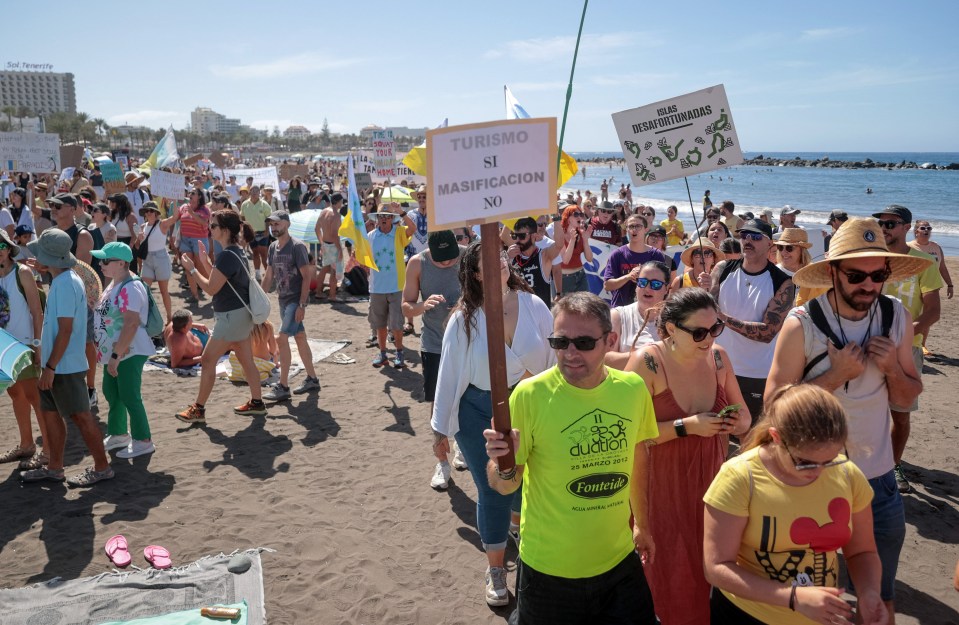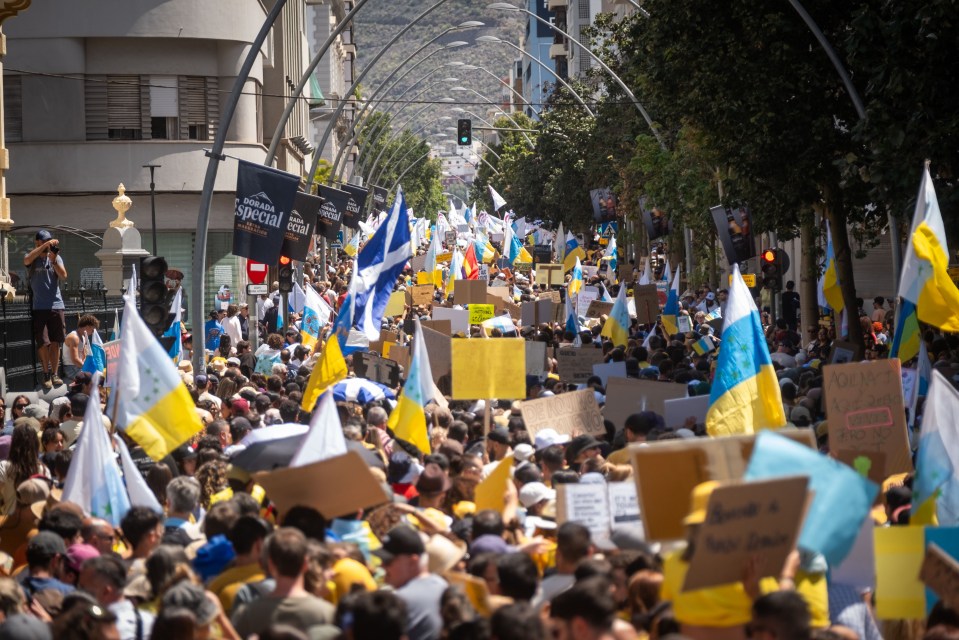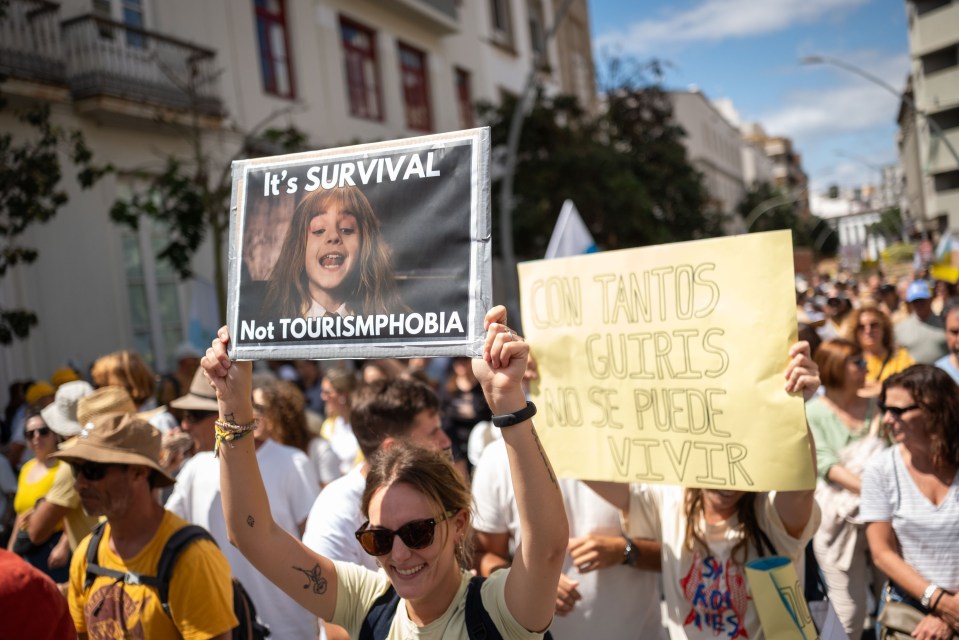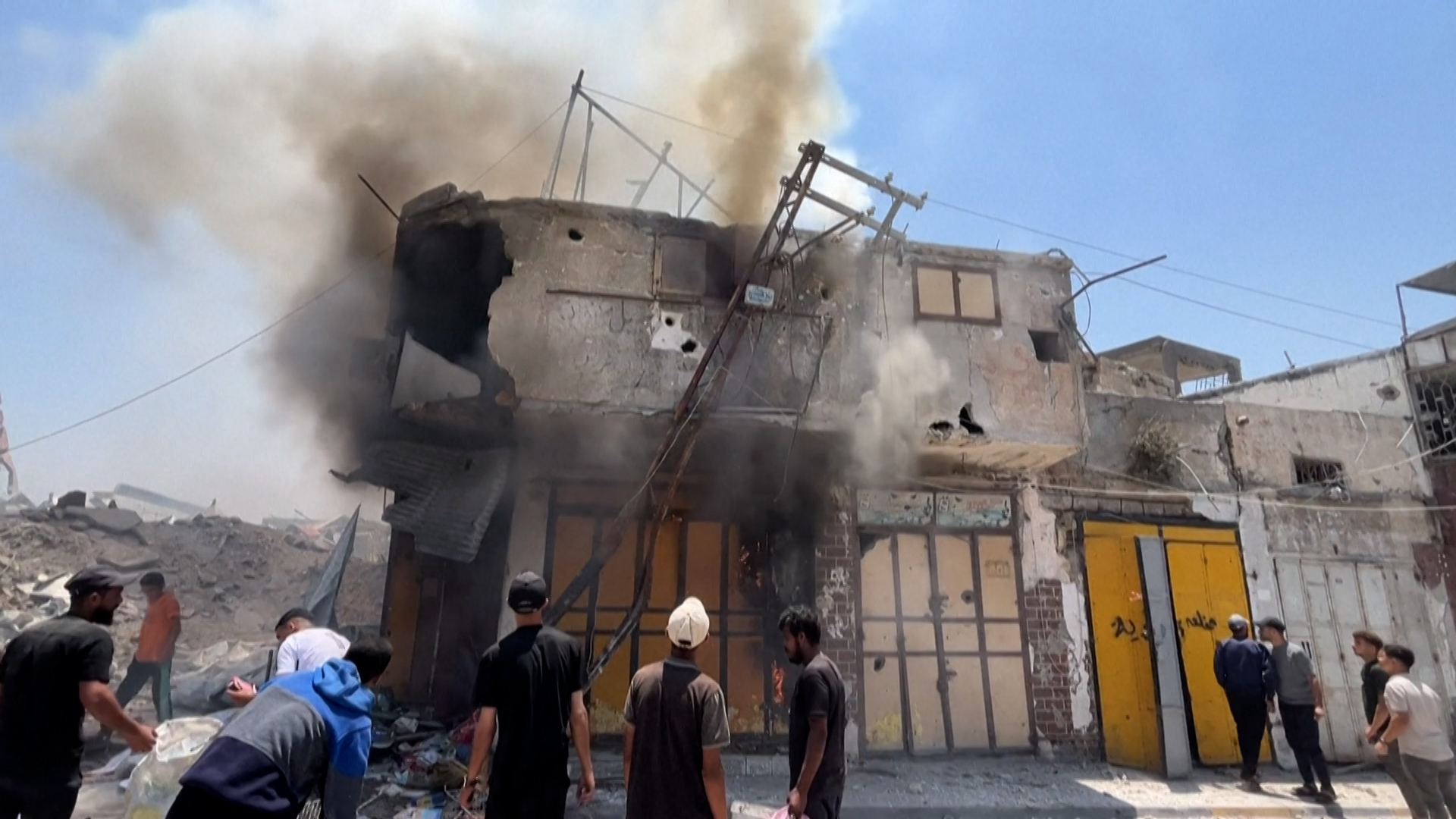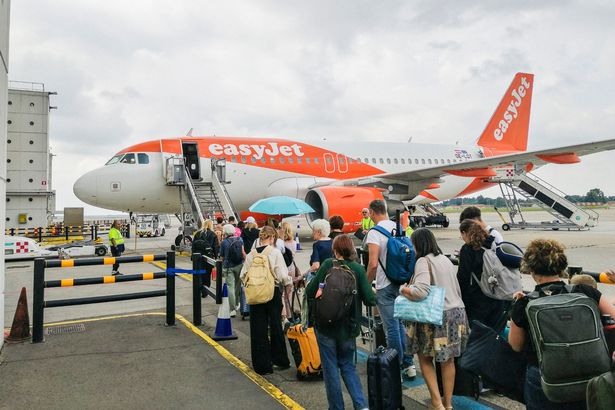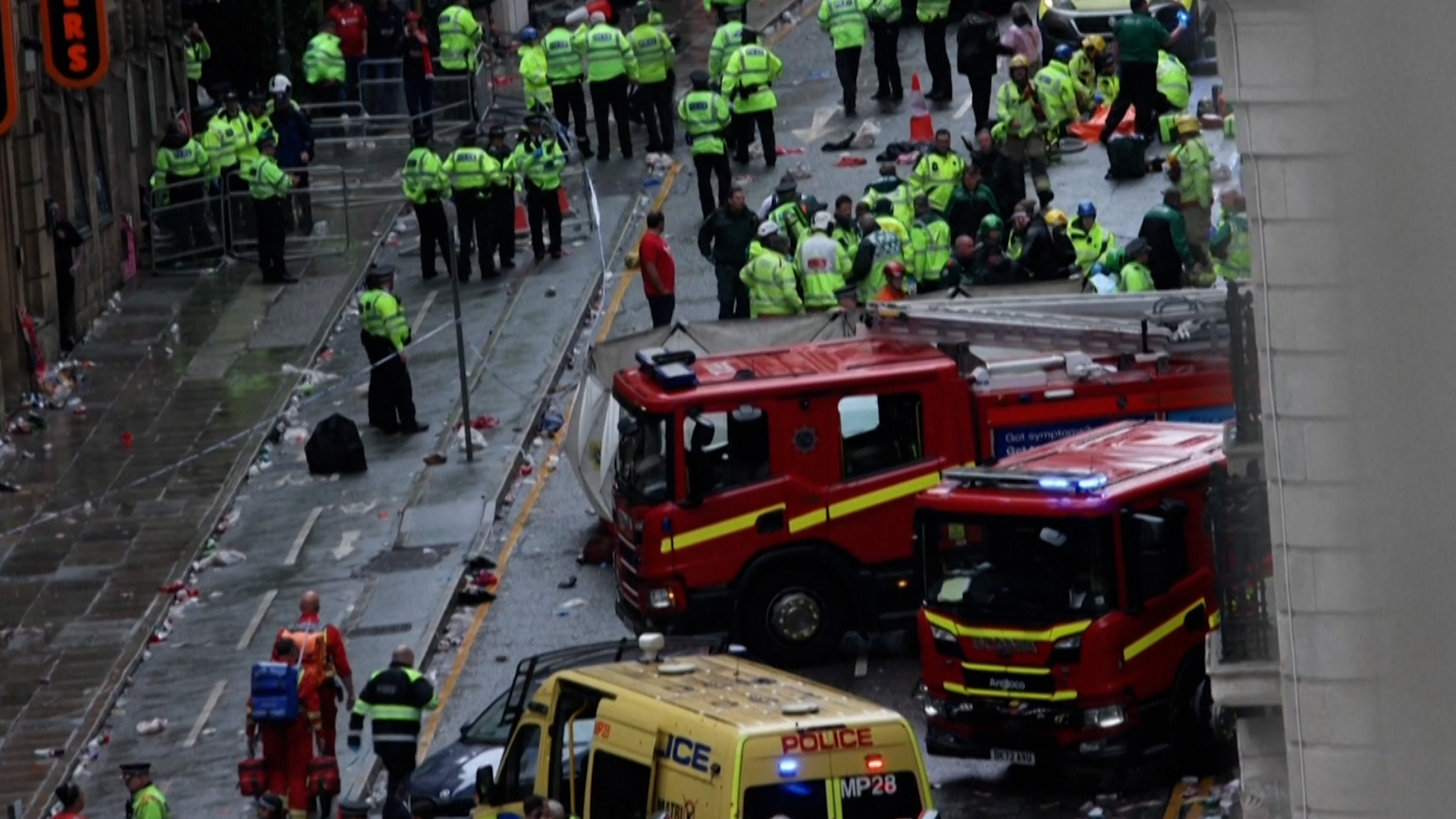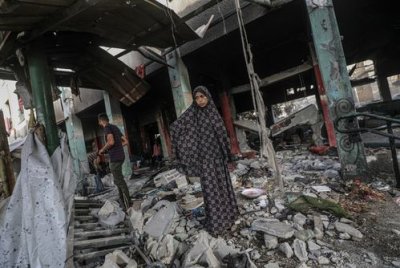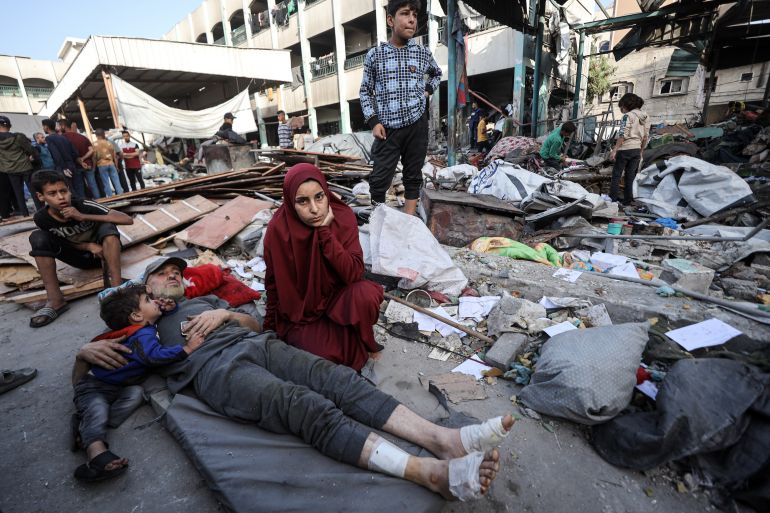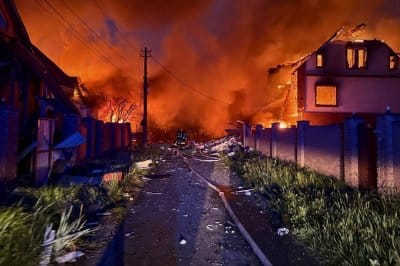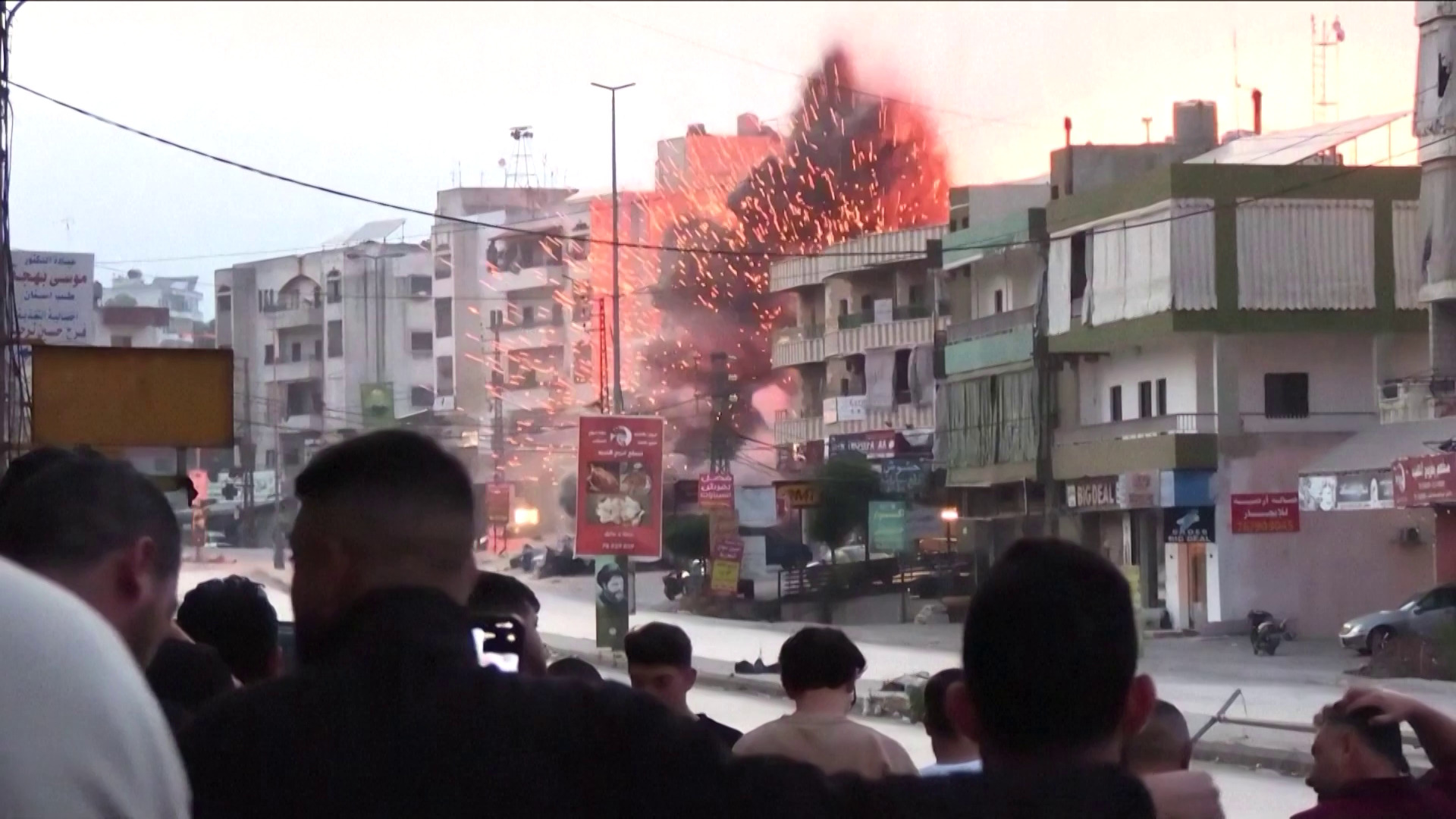United States President Donald Trump has signed a series of congressional resolutions to roll back standards in California that would have phased out petrol-powered cars and promoted the use of electric vehicles (EVs).
But Thursday’s signing ceremony gave Trump a platform to strike blows against several of his political foes, including the Democratic leadership of California and ally-turned-critic Elon Musk.
Musk famously leads the electric vehicle company Tesla. California, meanwhile, has long been a Democratic stronghold, and since taking office for a second term in January, Trump has continuously sparred with its governor, Gavin Newsom.
Thursday’s resolutions gave Trump a chance to skewer one of Newsom’s signature environmental achievements: a state mandate that would have gradually required new cars in California to produce zero greenhouse gas emissions.
That goal was meant to unfold in stages. By 2026, 35 percent of all new cars sold would be emission-free vehicles. By 2030, that number would rise to 68 percent. And by 2035, California would reach 100 percent.
But Trump argued that California’s standards would hamper the US car industry and limit consumer choice. Already, 17 other states have adopted some form of California’s regulations.
“Under the previous administration, the federal government gave left-wing radicals in California dictatorial powers to control the future of the entire car industry all over the country — all over the world, actually,” Trump said on Thursday.
“ This horrible scheme would effectively abolish the internal combustion engine, which most people prefer.”
But critics point out that many carmakers did not necessarily oppose California’s mandate: Rather, automobile companies like General Motors had already put in place plans to transition to electric-vehicle manufacturing, to keep up with global trends.
Already, California and 11 other states have announced they will sue to keep the electric vehicle mandate in place. Here are three takeaways from Thursday’s signing ceremony.
A continuing feud with California
The decision to roll back California’s electric-vehicle standards was only the latest chapter in Trump’s long-running beef with the state.
Just last week, protests broke out in the Los Angeles area against Trump’s push for mass deportation, as immigration raids struck local hardware stores and other workplaces.
Trump responded by deploying nearly 4,000 National Guard members and 700 Marines to southern California, in the name of tamping down protest-related violence.
Though Thursday’s ceremony was ostensibly about the electric-vehicle mandate, Trump took jabs at the state’s management of the protests, blaming Governor Newsom for allowing the situation to spiral out of control.
“If we didn’t go, Los Angeles right now would be on fire. It would be a disaster. And we stopped it,” Trump said, accusing Newsom of having “a faulty thought process” and trying to protect criminals.
Trump also drew a parallel to the wildfires that ravaged the Los Angeles area in January, whose flames were whipped and spread by dangerous wind conditions that kept aerial support out of the skies.
“Los Angeles would be right now burning to the ground just like the houses burned to the ground,” Trump said, referencing the wildfires. “It’s so sad, what’s going on in Los Angeles.”
California’s electric-vehicle mandate, he argued, would have likewise spurred another emergency.
“Today, we’re saving California, and we’re saving our entire country from a disaster. Your cars are gonna be thousands of dollars less,” Trump said.
“Energy prices would likewise soar as the radical left forced more electric vehicles onto the grid while blocking approvals for new power plants,” he continued. “ The result would be rolling blackouts and a collapse of our power systems.”
Earlier this week, Newsom and California Attorney General Rob Bonta dismissed Trump’s concerns as little more than an attack on state rights.
“Trump’s all-out assault on California continues — and this time he’s destroying our clean air and America’s global competitiveness in the process,” Newsom said in a statement. “We are suing to stop this latest illegal action by a President who is a wholly-owned subsidiary of big polluters.”
Newsom has also denounced the deployment of troops to Los Angeles as an “unmistakable step toward authoritarianism” and has sued to limit that action as well.
Trump weighs in on Elon Musk
As Trump continued to outline his reasoning for peeling back the EV mandates, his speech briefly veered into another area of conflict: his recently rocky relationship with Musk.
A billionaire, Musk leads several high-profile companies with government contracts, including the rocket manufacturer SpaceX and the satellite communication firm Starlink. And then, of course, there is Musk’s car company Tesla, which produces electric vehicles.
Musk was one of the largest donors in the 2024 elections, spending north of $280m to back Trump and other Republicans. Trump, for his part, featured Musk on the campaign trail and named him the leader of the newly created Department of Government Efficiency (DOGE) shortly after his election.
In January, Musk joined the Trump administration as a “special government employee”, an advisory role with a time limit of about 130 days per year.
As he reached the end of that term, Musk became increasingly outspoken about Trump’s signature budget legislation, the One Big Beautiful Bill. While the bill would have cemented Trump’s 2017 tax cuts and funnelled more money into immigration enforcement, it would have also increased the national debt by trillions of dollars.
Musk also objected to the “pork” — the extra spending and legislative provisions — that were packed into the lengthy, thousand-page bill. The billionaire took to social media to call the bill a “disgusting abomination“, as the two men entered into an increasingly heated exchange of words.
Trump called Musk “crazy”, and Musk suggested Trump should be impeached. The billionaire has since said he “regrets” some of his remarks.
On Thursday, Trump repeated his assertion that Musk’s outburst was the result of his policies towards electric vehicles, something Musk has denied. Early in his second term, Trump pulled the plug on a goal set under former President Biden to have 50 percent of all new vehicles sold be electric by 2030.
“On my first day in office, I ended the green new scam and abolished the EV mandate at the federal level,” Trump said on Thursday. “Now, I know why Elon doesn’t like me so much. Which he does, actually. He does.”
He continued to muse on their unravelling relationship, saying that Musk “never had a problem” with his electric vehicle policies.
“I used to say, ‘I’m amazed that he’s endorsing me,’ because that can’t be good for him,” Trump said.
“He makes electric cars, and we’re saying, ‘You’re not going to be able to make electric cars, or you’re not gonna be forced to make all of those cars. You can make them, but it’ll be by the market, judged by the market.’”
Trump added that he feels Musk “got a bit strange” but that he still likes the car company Tesla — and “others too”.
An increase in auto tariffs ahead?
Amid the talk about his feuds with Musk and California, Trump also dropped a possible bombshell: More automobile tariffs may be on the way.
Already, Trump has relied heavily on tariffs — taxes on imported products — to settle scores with foreign trading partners and push for greater foreign investment in domestic industries, including car manufacturing.
“If they want a Mercedes-Benz, you’re going to have it made here. It’s OK to have a Mercedes, but they’re going to make it here,” he said on Thursday. “Otherwise, they’re going to pay a very big tariff. They already are.”
Currently, automobiles imported to the US from abroad are subject to a 25-percent tax, a cost that critics say is passed along to the consumer.
But Trump warned on Thursday that he is prepared to go higher, as he has done with taxes on steel and aluminium.
“ To further defend our auto workers, I imposed a 25-percent tariff on all foreign automobiles. Investment in American auto manufacturing is surging because of it,” Trump said.
“Auto manufacturing — all manufacturing — is surging. I might go up with that tariff in the not-too-distant future. The higher you go, the more likely it is they build a plant here.”
Trump pointed to his negotiations over steel imports as a success story.
“American Steel is doing great now because of what we did. If I didn’t put tariffs on steel, China and a lot of other countries were dumping steel in our country,” he said. “Garbage steel, dirty steel, bad steel, not structurally sound steel. Real garbage.”
But by raising tariffs from 25 to 50 percent earlier this month, Trump said he protected the US steel industry. He also shared details about a deal that would see the Japanese company Nippon invest in the company US Steel.
“We have a golden stock. We have a golden share, which I control — or the president — controls. Now, I’m a little concerned whoever the president might be, but that gives you total control,” Trump said. “It’s 51-percent ownership by Americans.”
US industry leaders had been concerned that the deal with Nippon would see further erosion of the US manufacturing industry, which suffered from decades of foreign competition. The deal with Nippon has been previously described as a takeover, prompting concerns about the future and independence of the US steel industry.
